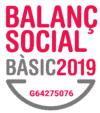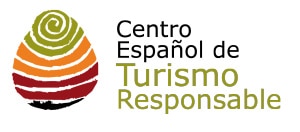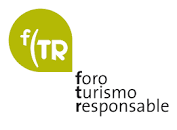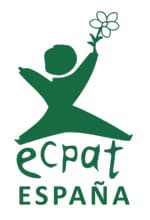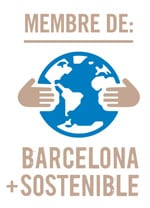This year, Aethnic launched the Responsible and Sustainable Tourism Network of Catalonia (XTRS) , a national strategic alliance that aims to make tourism a tool that benefits the local economy, promotes socio-cultural initiatives and improve the quality of life of the host communities.
The XTRS project in Catalonia starts after validating the pilot test that took place in the Poblenou neighborhood of Barcelona throughout 2021. The results of this prototype model showed the potential of the TRS as an engine of socially just and responsible economic reactivation in the post-pandemic scenario; and that is why it has now been decided to extrapolate the local strategies to a large part of the Catalan territory.
Transforming the tourism model: an urgent need
Before Covid19, the Catalan tourism sector represented 12% of GDP and generated around 465,600 direct jobs, thus being one of the country’s key economic engines. In 2019, Catalonia received almost 19.4 million international tourists, 1% more than the previous year, and increased total spending by 4.5% compared to the same year. Far from lowering expectations, the trend was repeated at national level and Catalonia was affirmed as one of the favorite options for Catalan and Spanish tourists, while positioning itself as the second most visited autonomous community by residents of the rest of the State.
Despite everything, while it is true that Catalonia enjoyed a privileged reputation, the destination had been showing certain shortcomings in relation to its conventional tourist model for some time. The unequal distribution of supply and the saturation of spaces with a large tourist influx were some of the problems that resonated most at the local level and, despite the efforts to highlight the plurality of Catalonia and decongest the most crowded areas; territorial concentration and seasonality continued to prevail throughout the territory. However, the Catalan statistics showed how internal tourist flows tended to emanate from the Metropolitan Area of Barcelona and to centralize, in a hegemonic manner, on the Costa Brava, the Costa Daurada, the Pyrenees, the Terres de l’Ebre and the Aran Valley , especially during weekends and in second residences.
Along these lines, the economic growth derived from tourist activity overshadowed problems of a social, environmental and gender nature that prompted urgent transformations. For example, the dominant tourism model, focused on increasing the number of visitors, did not take into account the costs involved in relation to job insecurity, the difficulty of accessing housing, the loss of social fabric, increase in inequalities, the environmental and climate impact, or the care debt.
The objectives of the XTRS of Catalonia
This business project takes the above observations into consideration and sets itself as a goal co create and co manage a new catalog of tourist experiences that are designed under the principles of responsible and sustainable tourism (TRS) and that value the practices of the Social and Solidarity Economy (ESS) of the territory.
In this sense, Aethnic recognizes the potential of ESS as an engine of change for the promotion of tourism based on criteria of responsible consumption, and provides an innovative solution to decentralize tourist activity in the country’s municipalities, give visibility to the initiatives of the local cultural and associative fabric and offer tourist experiences transformative that transcends the conventional proposals of mass tourism.
Once the experiences have been co-created with the local actors, these will become part of the Aethnic catalog and will be marketed through its own online marketplace that is already in the development phase.
Territorial scope of the project
In recent months, the Aethnic team has developed an exhaustive analysis of the supply and demand of Catalan tourism and has considered it appropriate to focus its activity on 5 specific areas: the Alt Pirineu and Aran, Barcelona, Catalonia Central, Girona, and the Penedès.
At the moment, around thirty potential entities have already been identified and the phase of presentation and contact with the relevant people of each municipality has begun.
Download the project presentation at this link .
The process of creating the Network has the support of the Generalitat de Catalunya




